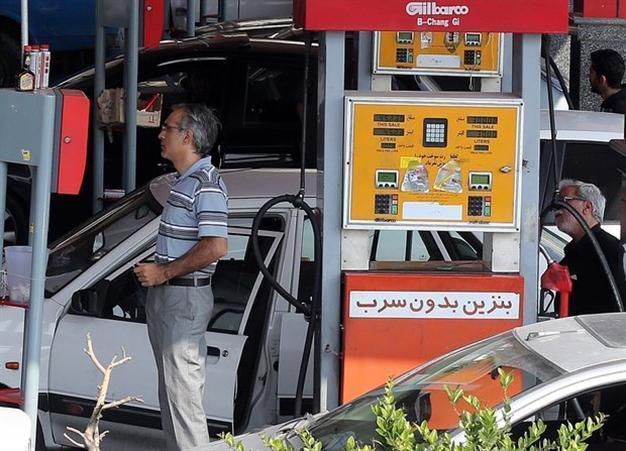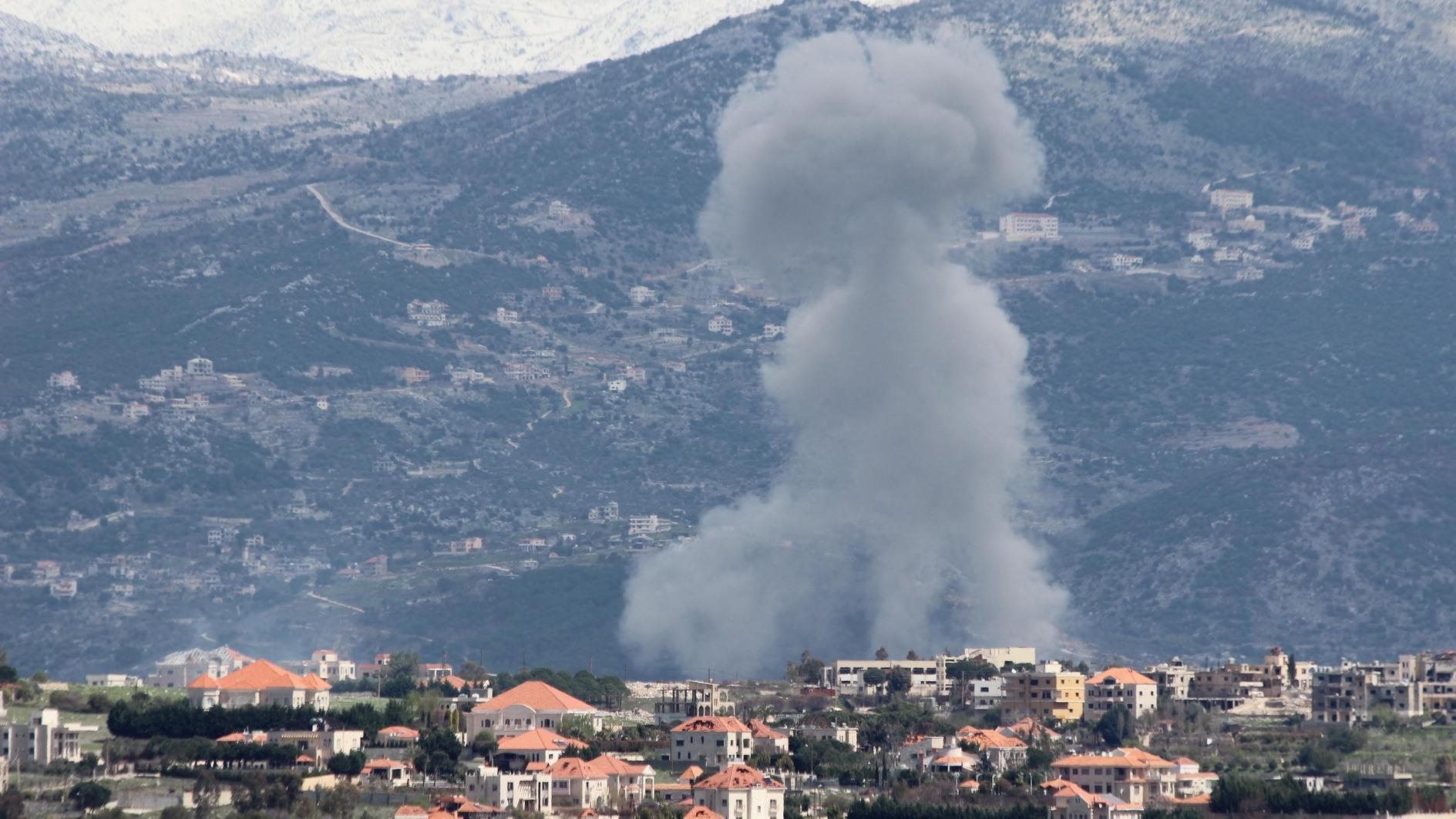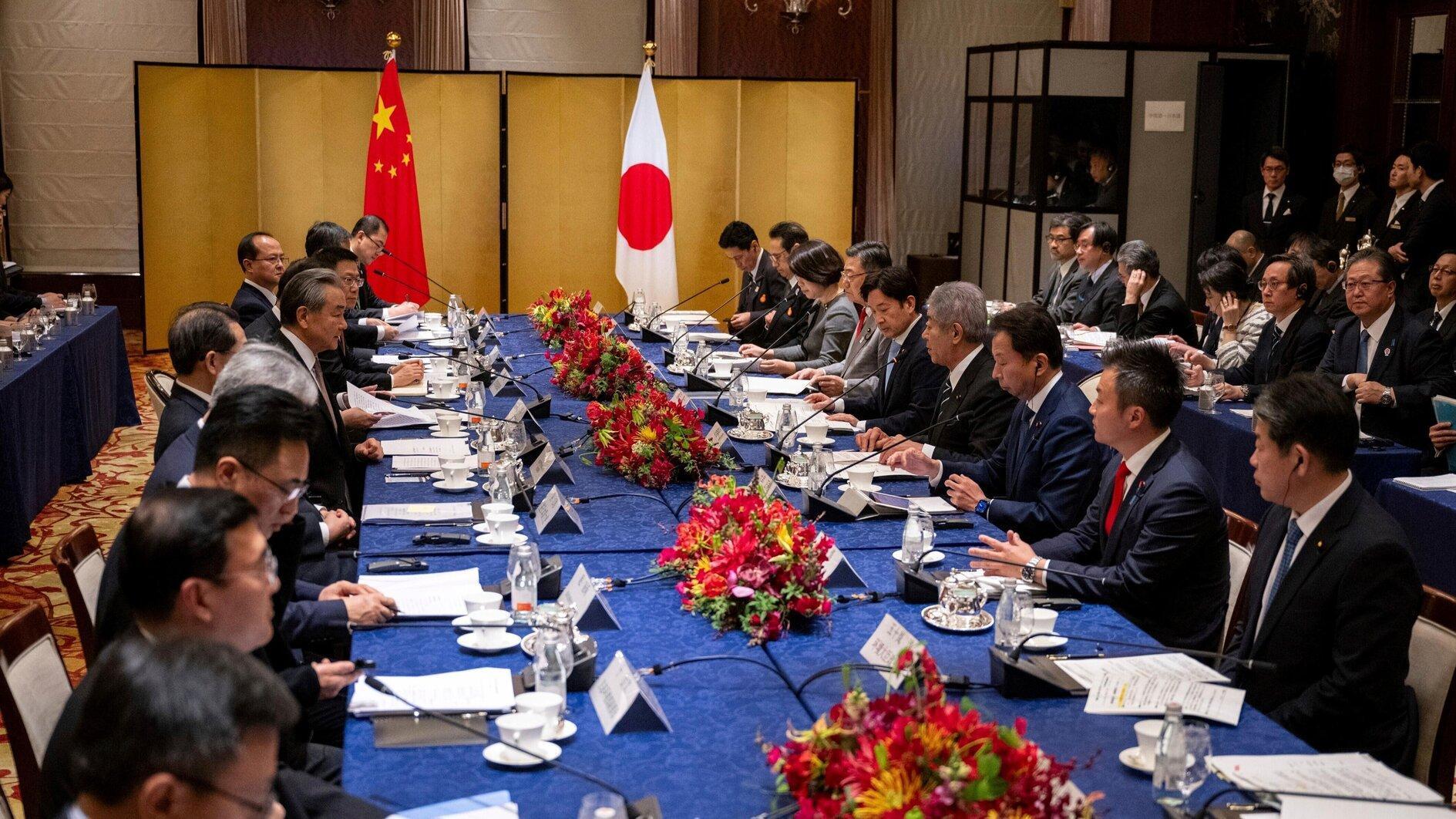Iran starts taking nuclear centrifuges offline
DUBAI/TOKYO - Reuters

AFP photo
Iran has begun shutting down uranium enrichment centrifuges under the terms of a deal struck with six world powers in July on limiting its nuclear programme, Tehran's atomic energy chief said on Nov. 2 during a visit to Tokyo."We have already started to take our measures vis-a-vis the removal of the centrifuge machines - the extra centrifuge machines. We hope in two months time we are able to exhaust our commitment," Ali Akbar Salehi told public broadcaster NHK.
NHK's website also quoted Salehi as saying it was important that there be "balance" in implementing the deal, signalling Tehran's stance that all sanctions against Iran should be lifted promptly in step with its dismantling of nuclear infrastructure.
Under the July 14 agreement, Iran is to curb its nuclear programme under United Nations supervision to ensure it cannot be used to make a nuclear weapon, in exchange for the removal of sanctions that have isolated Tehran and hobbled its economy.
In a separate development that appeared to confirm that Iran had begun implementing its side of the deal, 20 hardline conservative members of Iran's parliament wrote to President Hassan Rouhani to complain about the deactivation of centrifuges in two enrichment plants at Natanz and Fordow.
"Unfortunately in the last two days some contractors entered Fordow and started dismantling centrifuges... they said they could finish the job in two weeks," Fars cited the lawmakers, among those loath to accept the nuclear deal, as saying.
Iran's highest authority, Supreme Leader Ayatollah Ali Khamenei, conditionally approved the deal last month, but the lawmakers said that beginning implementation so soon was against his directives.
Centrifuges spin at supersonic speed to increase the ratio of the fissile isotope in uranium. Low-enriched uranium is used to fuel nuclear power plants, Iran's stated goal, but can also provide material for bombs if refined much further, which the West has feared may have been Iran's latent goal.
















